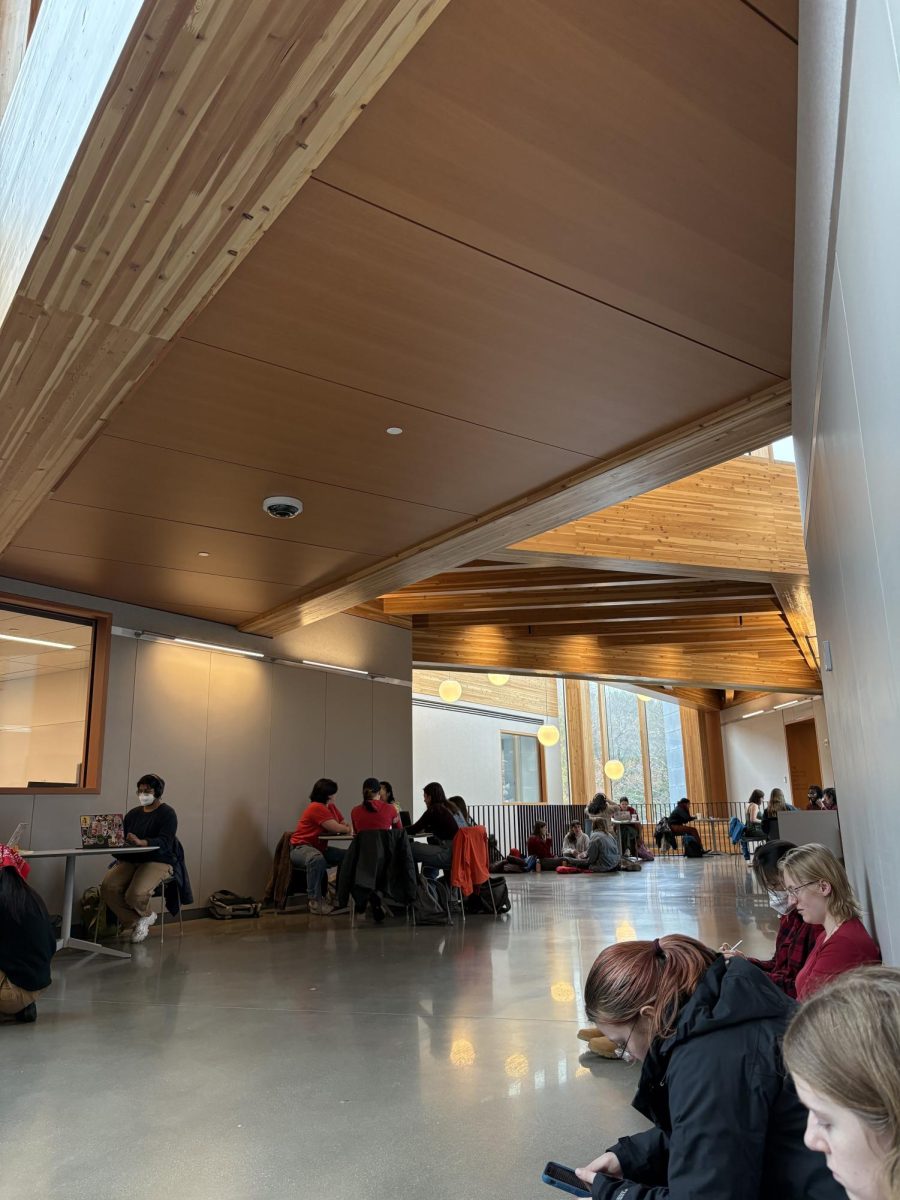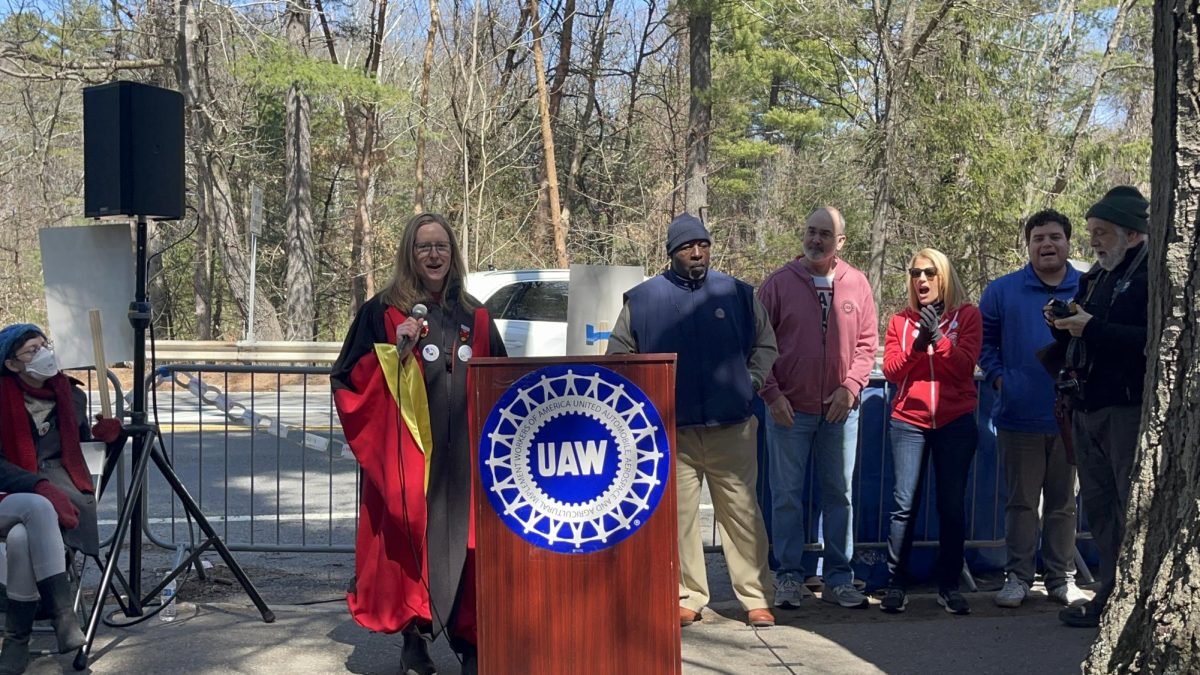This fall, Wellesley College Health Services will be partnering with Newton-Wellesley Hospital in a series of new changes to Health Services as addressed in President Paula Johnson’s email announcement on August 23rd.
The decision to collaborate with an outside hospital began following the recent departures of the last Health Services medical director, Vanessa Britto, and then of the interim director, Tanya Sullivan. Howeverthe merge with Newton-Wellesley Hospital has been ongoing for several years. The collaboration aims to increase students’ access to health services without increasing the cost, increase the quality of student’s health services and make medical treatment more seamless by using the same electronic record for any outside care such as emergency room care, physical therapy, and referrals to cardiologists.
These and the changes that President Johnson mentioned in her announcement – such as the expanded hours and services – will come into effect November 1. Certain changes to Health Services have already occurred, however, like the end to, or temporary lack of, certain services previously offered on campus such as immunotherapy, travel clinic and phlebotomy.
Some feel that the changes made to Health Services are having a negative effect on the quality of their life at Wellesley. Jessica Wu ’21, has been receiving immunotherapy on campus for two years. Before receiving this treatment, which helps mitigate the effects of seasonal allergies, her education and quality of life was severely impacted by continuous headaches, which limited her ability to focus in class and kept her out of classes for two months. After receiving the therapy, however, Wu notes, “Even though we are living on a campus that is primarily trees, I usually don’t get sinus infections whereas prior to the shots, I definitely would– I don’t think I would be able to go to school here [if it weren’t for immunotherapy treatment].”
Since the end of this service on campus as of last year, Wu has had to travel to off campus to receive treatment, spending up to two hours of her time and the cost of transportation. Wu stated, “I’m trying not to take it personally but having met with [President Johnson] and having heard that the reason [for no longer offering immunotherapy] is it doesn’t affect enough students, it does feel like the school is putting money over the quality of life of the students.” She also doesn’t feel as confident in Newton-Wellesley as much as she did in Wellesley College Health Services.
Interim medical director Dr. Sarah Rosenberg-Scott, who has worked closely with Newton-Wellesley Hospital, stated in regards to the reimbursement of off-campus transportation that Health Services “are actively working on that right now. Newton-Wellesley is quickly realizing that transportation is a huge deal for students on this campus.” Rosenberg-Scott also recognized that with these changes, “in the short term to be honest there might be some bumps along the way… those transitions are always fraught with road blocks.”
While Rosenberg-Scott is not the permanent medical director of Health Services, as November 1 will also be ushering in Dr. Jennifer Schwartz in the role, Rosenberg-Scott is still excited and confident in the care and services the employees will provide for students. This new team is yet another change to Health Services, as according to a previous Health Center employee, who spoke to a faculty member, most former employees were transferred on August 30 to working in Primary Care at Newton-Wellesley Hospital, and a new team from Newton-Wellesley Medical Group was hired. The former lost their benefits to being employees of the College, and the latter group did not have any similar, Wellesley College benefits laid out for them. While the team may be new, some have worked in collegiate health services and “all our clinicians are licensed as family nurse practitioners or family physicians, […] we have the experience of both working with younger adolescents but also older adults and we can really help young [people] going through this transition,” said Dr. Rosenberg-Scott on the matter of the qualifications of the new team.
According to the American College Health Association, the recommendation for a contract between the outsourced hospital and the college should be around three to five years.






